Forest Conservation
Purpose/Function:
The Forest Conservation Act (FCA) is the sole source of forest conservation data reported by the Maryland Department of Natural Resources (MD DNR) Forest Service for BMP credit in the Chesapeake Bay model.
Initiation protocol:
Jurisdictions are required, by statute, to submit annual summaries of FCA activities for the previous fiscal year to the Central Region Urban Forester (MD DNR Forest Service).
Public acceptance:
In contrast to many BMPs, forest conservation is unique because these lands have fully developed ecological function that supports high water quality. Easement encroachment and/or unapproved forest clearing are the primary concerns for conserved forest. Many local jurisdictions monitor FCA easements at a minimum of three-year intervals and visits are frequently documented through inspection reports or comments in an electronic database.
Implementation Factors (level of difficulty):
Moderate.
Funding Sources / Options:
Maryland Environmental Trust (MET) and local conservation organizations have several funding opportunities to support conservation of forested lands.
Eastern Shore Land Conservancy – lands north of the Nanticoke River
Lower Shore Land Trust – lands south of the Nanticoke River (including the Atlantic Coastal Bays Region)
Costs:
Easement options exist that are purchased (for special property with specific attributes, most of the easements are aimed to be a donation from the land owner). Land donation does have the potential for significant tax benefits to the donor.
Load Reduction Efficiency:
Total Nitrogen removed per acre of practice per year
|
Low 2.67 lbs. |
Medium 4.90 lbs. |
High 11.65 lbs. |
Cost per pound removed = N/A
Total Phosphorous removed per acre of practice per year
|
Low 0.15 lbs. |
Medium 0.30 lbs. |
High 0.45 lbs. |
Cost per pound removed = N/A
Total Suspended Solids removed per acre of practice per year
|
Low 22 lbs. |
Medium 53 lbs. |
High 191 lbs. |
Cost per pound removed = N/A
Operation & Maintenance:
The local Land Trust or MET who holds the agreement will inspect the property for compliance with the terms of the easement.
Climate Change Considerations:
Forests in good health are among the most valuable carbon sequestration practices available!
Planning Questions to Consider:
Easements are permanent so careful consideration must be given to entering this legal agreement.
Related Best Management Practices

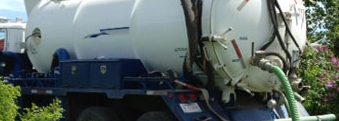
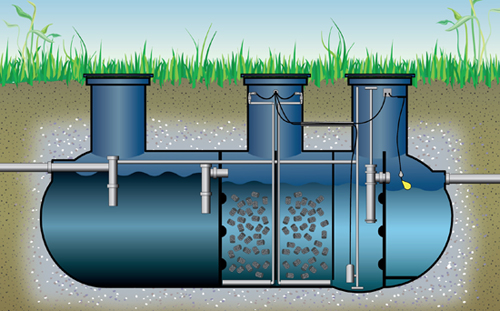
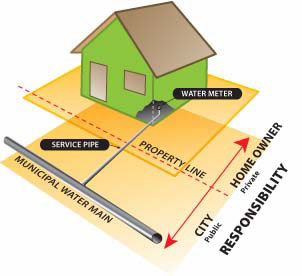
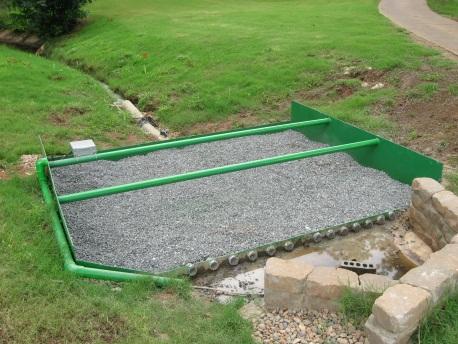
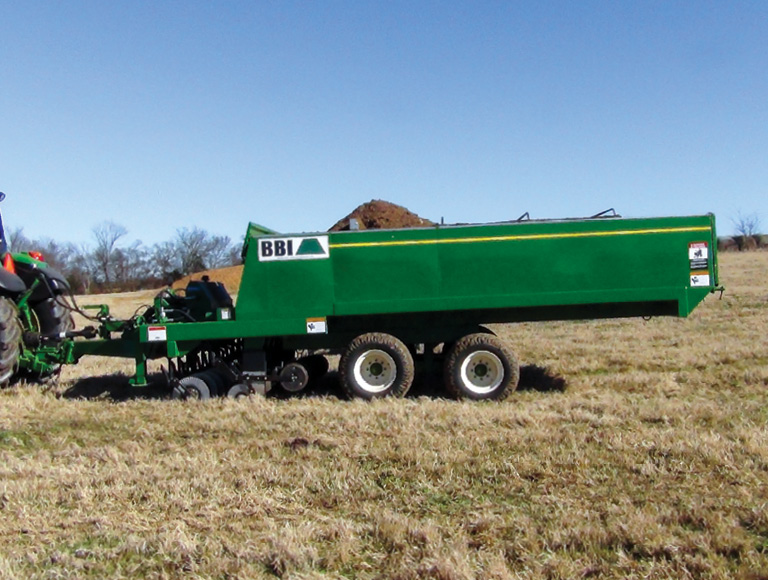
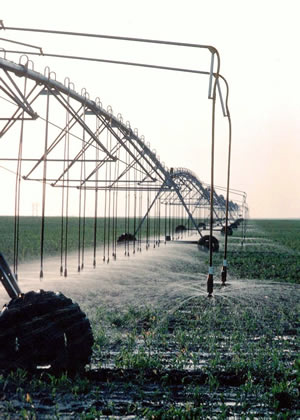
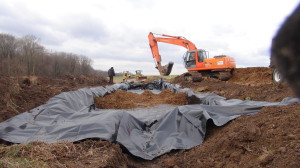
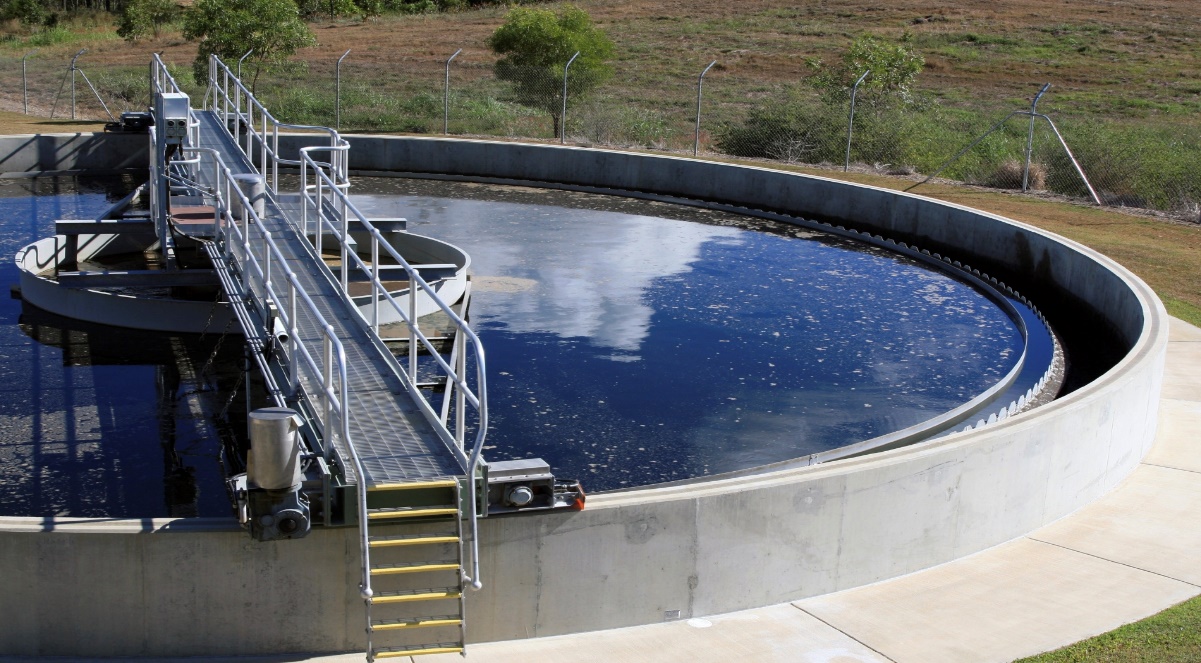
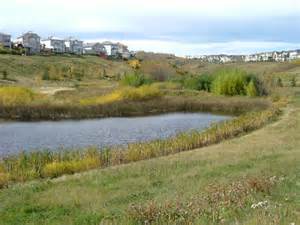
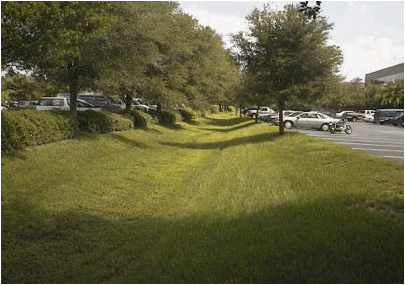
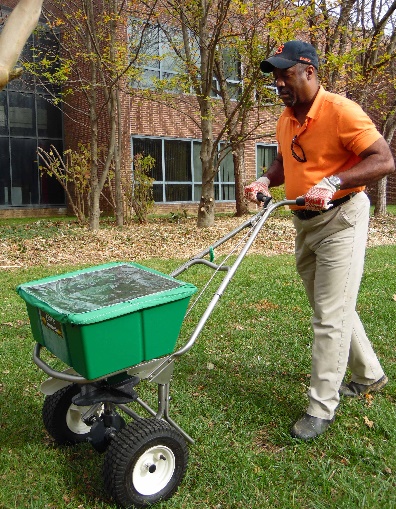

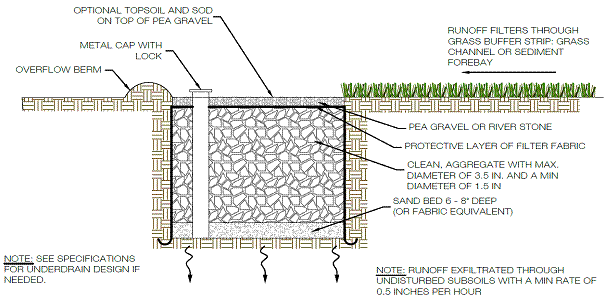
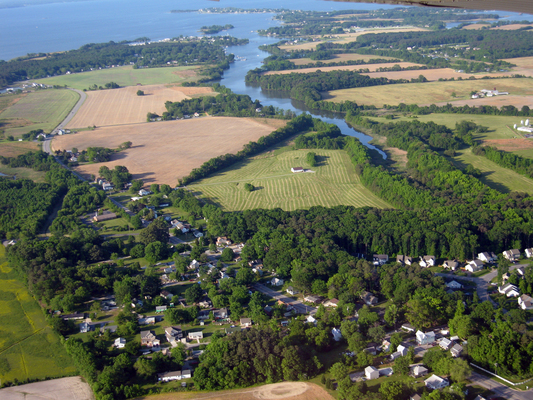
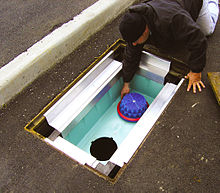

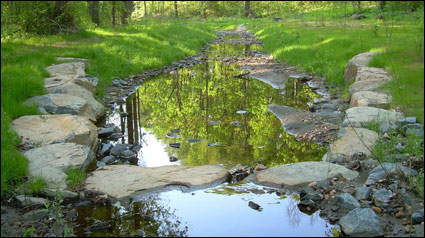

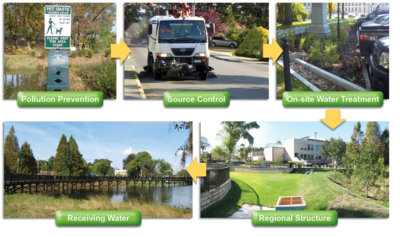
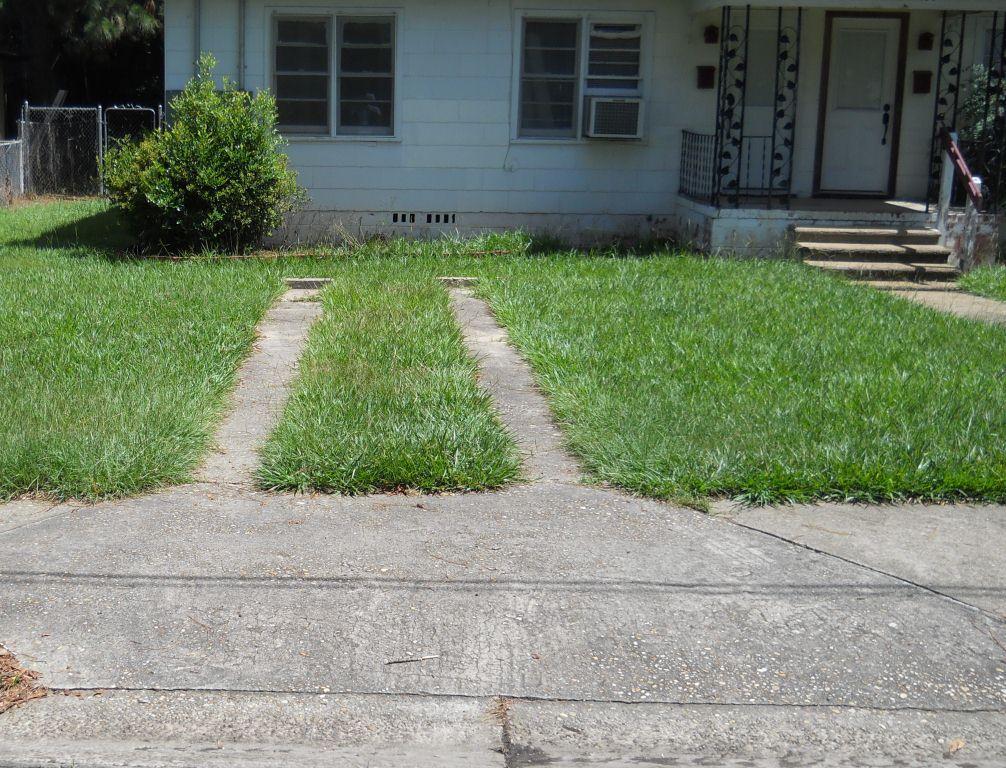
Feedback on This Best Practice